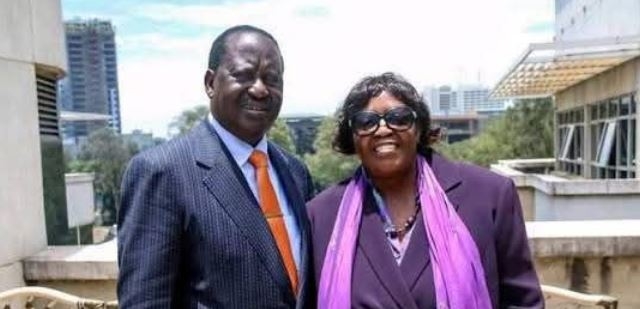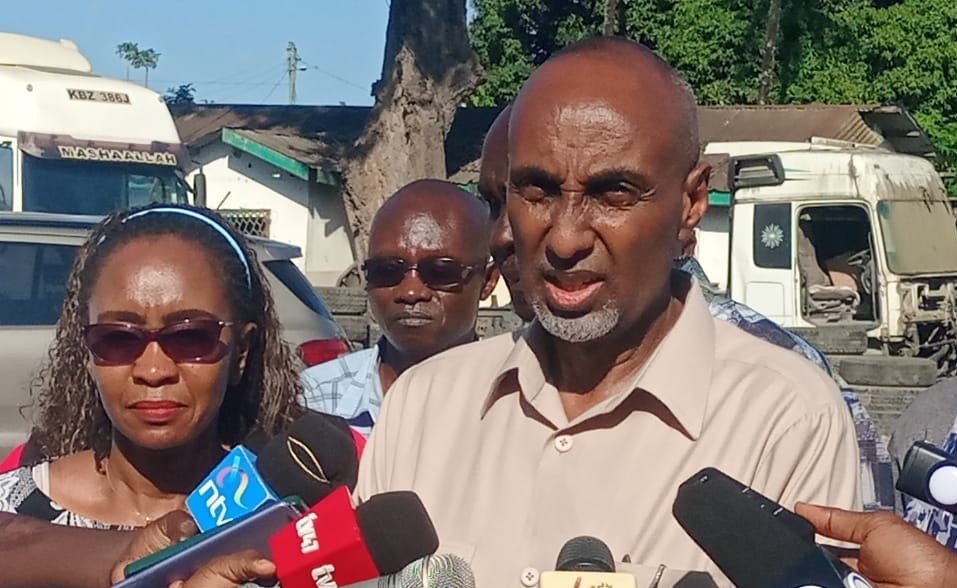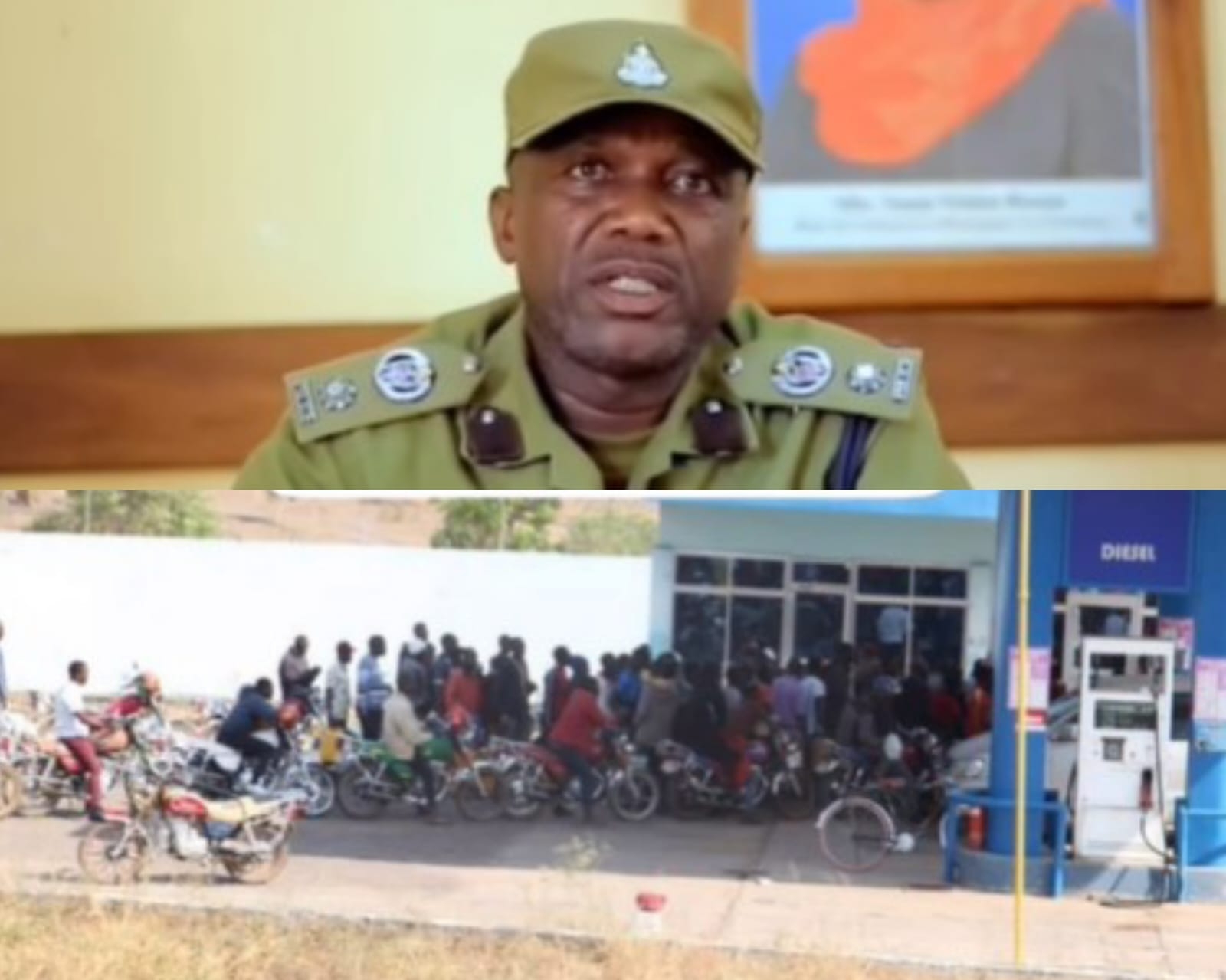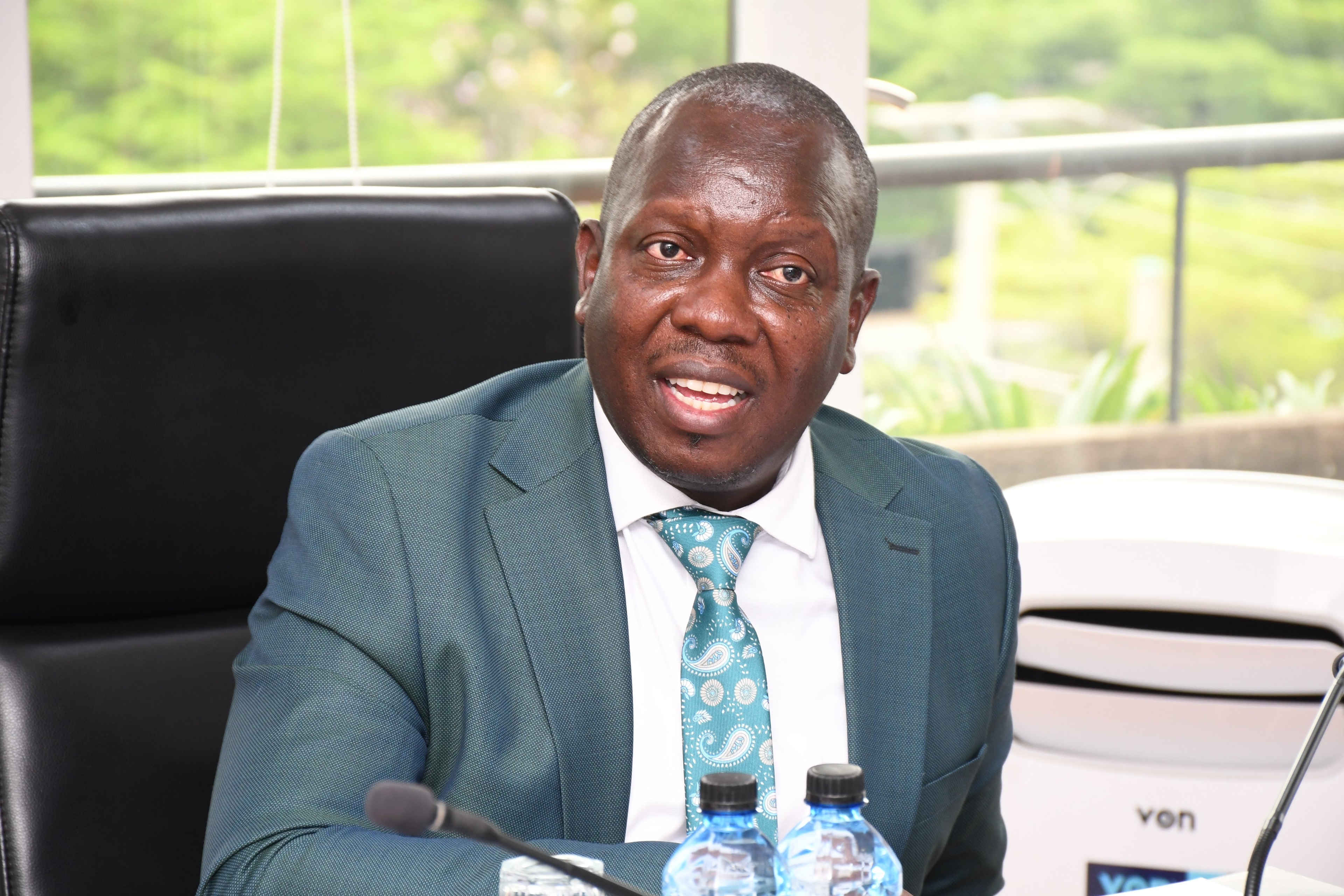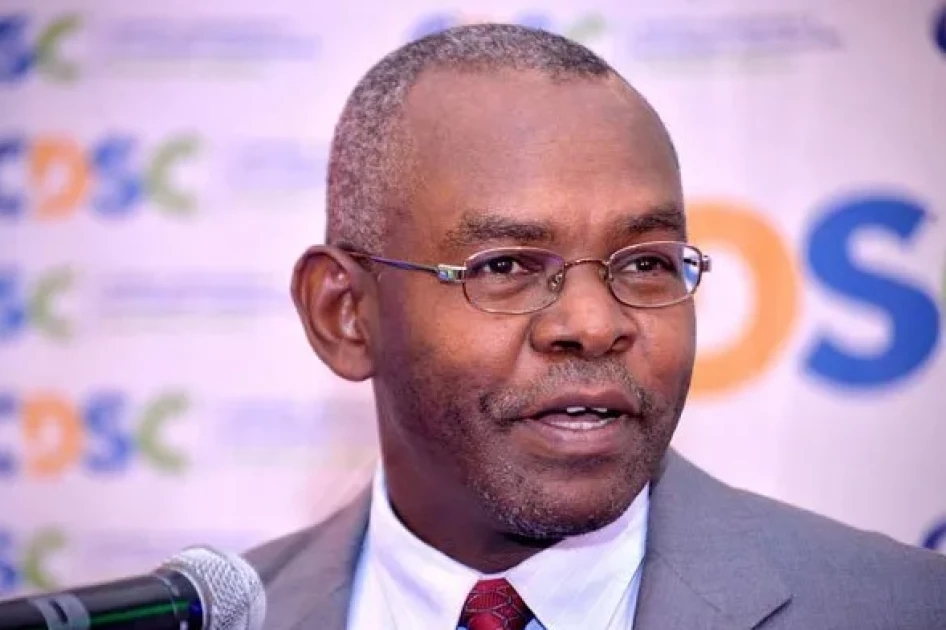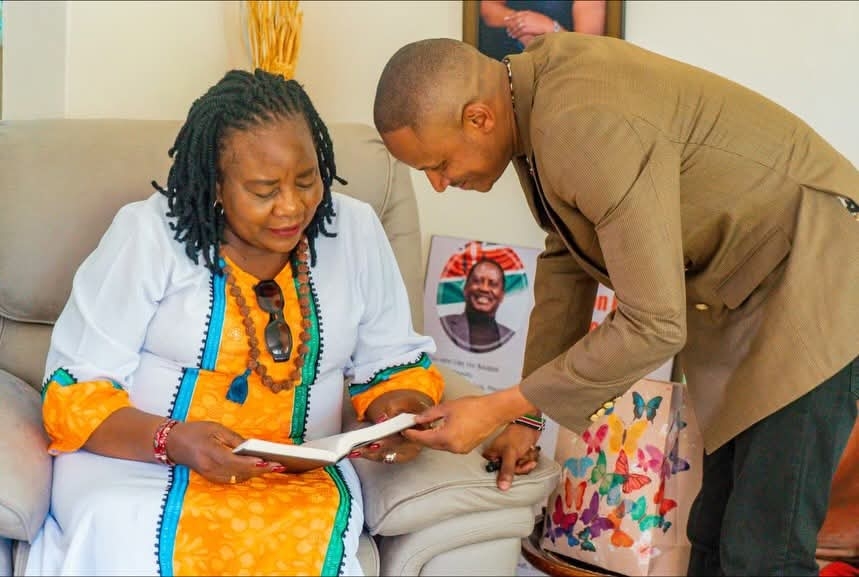John Chelelgo, 75, had sleepless nights when his temporary rented house submerged in Loruk, Baringo North subcounty, on July 15.
The disaster occurred due to the rising water levels in Lake Baringo, Lake Bogoria and Lake 94, which left over 40,000 residents displaced.
“My house suddenly got marooned in water, forcing us to move out and spend outside in the cold at the nearby Loruk trading centre,” Chelelgo said.
The experience is linked to intensive flooding due to heavy rains. Excessive water has been streaming into the lakes since April, a rare occurrence that experts are still trying to figure out.
Apart from homesteads, people’s farms, several business premises, schools, churches and dispensaries have also submerged.
The poor old man currently puts up in a small, rickety single-room iron sheet-thatched structure with his three grandchildren — two girls and a boy — after their mother, his daughter, succumbed to illness five years ago.
The family has faced one tragedy after another. They fled attacks by bandits a few months ago from their rural home in Chepilat, at the border of Baringo North and Tiaty subcounty.
Despite his old age, Chelelgo is left with no option but to burn charcoal to feed, dress and pay his grandchildren’s school fees.
“I previously relied on my livestock, but they were swept away by armed bandits towards Tiaty. I am left with only four sickly goats,” he said.
A few days ago, Chelelgo received the Sh4,000 government stipends for the elderly after a five-month wait. “Right now, I am already damn broke because I spent the all the money to settle debts,” he said.
Since he was displaced, he expected the government and NGOs to move faster with humanitarian help to rescue and resettle him.
“But to date, I am left to lead a dog’s life, forcing me to wonder if I am really Kenyan or a citizen of another country,” Mzee Chelelgo said.
He said as residents, they cannot blame anybody for the natural disaster, but all they need is just but humanitarian assistance.
WHEN IT RAINS...
Apart from people’s homesteads, farms and facilities also got submerged and vandalised. These include hospitals, schools, churches, public beaches and hotels.
A Loruk woman, Emily Cheburet, said they used to live a normal life in their houses before the floods tragedy struck in July.
She said it is five months now and they are yet to receive any communication or humanitarian assistance from any quarter.
“We are left congesting our families in shanty structures like IDPs. We still don’t know our fate,” Cheburet said.
The victims, especially young children, have contracted waterborne diseases, such as colds, typhoid, pneumonia and malaria.
They are in dire need of urgent relief foodstuff donation, better housing, medicine and warm clothing.
Cheburet said the surging waters have cut off access roads, forcing people to take long rough routes to access public facilities like schools, churches and dispensaries.
“Teachers and children spend up to an hour trekking to their nearby schools, a distance that could take only five to 10 minutes,” she said.
The locals request for an urgent donation of boats to aid easy movement through the surging, deep lakewater.
Poor roads have also led to boda boda operators hiking the fare for rides through rocky footpaths.
“It forces locals to pay Sh200 from the initial Sh50 to board a motorbike,” primary school teacher Moses Chepkong’a said.
Rides through the rocky roads also cause pregnant women to give birth on the way. The elderly and people with disabilities are also in trouble.
Governor Stanley Kiptis termed the disaster the worst to have happened to the lakes since time immemorial.
Kiptis said due to limited resources, his administration alone cannot afford much to assist to resettle the victims.
“The budget in our disaster department is too small to cater for the enormous tragedy,” he said, calling upon donors and well-wishers to intervene.
He further called upon environmental scientists to visit the area to assess the situation.
MYSTERIOUS PHENOMENA
Three weeks ago, an outlet formed at Kibenop-Cherogony rocky ranges near Loruk in Baringo North, seeping down Lake Baringo water.
“We have been watching keenly as the water flows into the crack constantly without stopping or filling,” Loruk village elder Johana Chepyator said.
Chepyator said the water is heard gurgling inside the stony fissure, “but we are left wondering where the entire stream flows to”.
He fears the mysterious flowing water could be a time bomb as it could one day end up filling ‘the underground space’ and flashing out to submerge their entire villages.
Last month, a giant sinkhole was spotted at O’Loropil village in Ilchamus ward, Baringo South, which forced residents to flee immediately for their lives.
“It started with a smoke before the ground suddenly sunk in and started flashing out water and filled it a few minutes later,” resident Elijah Ole’ Chemakany said.
Furthermore, some strong earthquakes were felt up to about 10km radius around the shores of the flooded lakes.
“The earth tremors occur at night, causing the earth surface to shiver, making homesteads and people feel like everything is about to fall down. Could something dangerous be underway,” Loruk resident Alex Sarit said.
He therefore called upon geologists to visit the site to visit the site and carry out research to explore the possible geological dangers associated with the new shocking phenomena.
DISPLACED
More than 40,000 people have been displaced in the floods, and the future of 5,000 children hangs in the balance after their 12 primary and secondary school structures got submerged.
Submarine beasts like crocodiles and hippos have been swept closer to the schools and were now ‘attending’ the classrooms, scaring away the learners.
Rivers Perkera, El’molo and Ol’ Arabal, feeding water to the flooded lakes, have also burst their banks, flooding nearby villages and covering farms and people’s homesteads.
Lake Baringo Boat Owners’ Association secretary Paul Maitano says his colleagues and himself have been rendered jobless because the beach spaces they used to park their boats in got covered with water.
“For now, we are just idle. We have no income-generating activity left for us to feed our families,” Maitano said.
He adds that even if they found a new beach now, they don’t have hope of reviving their business soon because tourists have not been visiting the flooded lake of late. This is due to the scary water levels, besides the effects of the Covid-19 pandemic.
Joshua Chepsergon, chairman of the Lake Baringo CBO Water Safety and Rescue International, termed the disaster overwhelming.
“So far, our organisation lacks funds to assist the affected locals,” Chepsergon said, adding the government risks losing millions of shillings after hotels submerged.
The Kenya Red Cross Marigat cluster last month tried to assist in providing tents, but the programme was cut short due to shortage of funds.
World Vision International Kenya, which deals with malnutrition among children in the region, says they are overwhelmed but are doing their best to reach as many families as their resources can allow.
Richard Kambala, the immediate former Saimo-Soi MCA, said “Our people really need to be assisted.”
Last month, Devolution CS Eugene Wamalwa visited the area and attributed the rising lake water levels to climate change.
He promised the government would do everything possible to help the affected locals get back to their normal lives.
Edited by T Jalio



